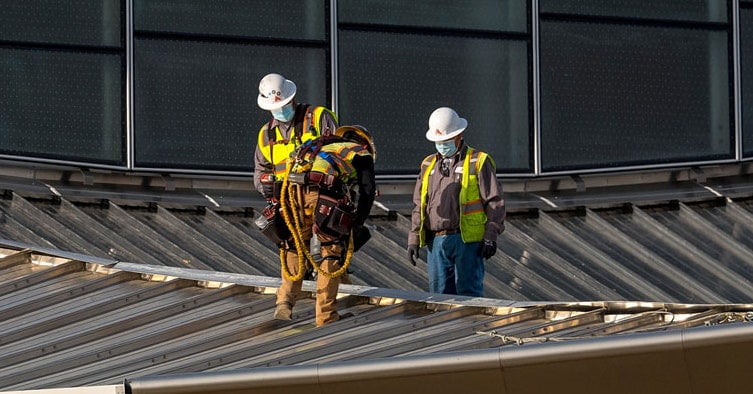Kim Walesh has lived a few steps from the center of San Jose for two years and readily admits that her neighborhood is now not what is considered to be the famous "capital" of the Silicon Valley. Nonetheless, Walesh, who drives the metropolis's economic benchmark, has worked long to revitalize it, and four years ago helped secure the crown jewel: Google's brand new campus in the west of downtown. Unlike the infamous office parks included in the plan, Google has understood that this is the latest model to integrate technical offices with housing, public transportation, and public areas. They introduced with them fears of gentrification and congestion. However, years later, the city of Google almost came into existence.
Unfortunately, Covid-19 has come. Offices closed. Beloved shops and restaurants were boarded up and their fate put into question. The same can be said for the much greater fate of the San Francisco Bay Area, which is home to a large number of technical workers who have the ability and means to work from anywhere. Investors and startup founders, promising that their sabbaticals will last a long time.
They've got tons of ammo: Companies including Pinterest, Dropbox, Twitter, and Yelp have made a difficult turn from sleek, profit-making offices to embrace future remote work projects, while larger companies like Facebook and Salesforce have announced they are planning more flexible schedules. Therefore, while her own team focused on Zoom, Walesh could not help but reflect on the grand plans she had helped bring to fruition for Google and San Jose. The revolution in remote work has arrived. If people no longer needed offices, did they also need the great city of Google?
A year later, Walesh experiences something surprising: optimism. The city - at least in some imagined future after the pandemic - is booming. Speaking earlier this month, she quickly ticked off a dozen major events that remained on track, many of which were in the spotlight in the middle of the pandemic. It didn't matter to Google, which will be put to the final vote in the City Council in May after a delay of six months. In total, the projects cover millions of square feet of new office space and capacity for thousands of employees in downtown San Jose.
And so, looking at the decades of growth to come, Walesh was skeptical about the predictions of the impending decline of her city and region. It was said that the death of Silicon Valley was coming. More and more companies move to Arizona to pay much lower taxes.
A surprising component of the pandemic is real estate ambition. Google said in October it could possibly come up with larger leases for its current San Francisco waterfront offices by nearly a third. The construction and lease plans were developed even before the pandemic. In an earnings interview earlier this month, Ruth Porat, chief financial officer of Alphabet, the company that manages Google, said spending on building and modernizing offices will no doubt be "normalized" in 2021. "We take into account the fact that that office collaboration will be fit for Google's future as well as for our past, "wrote Google's CEO.




Comments
Loading…